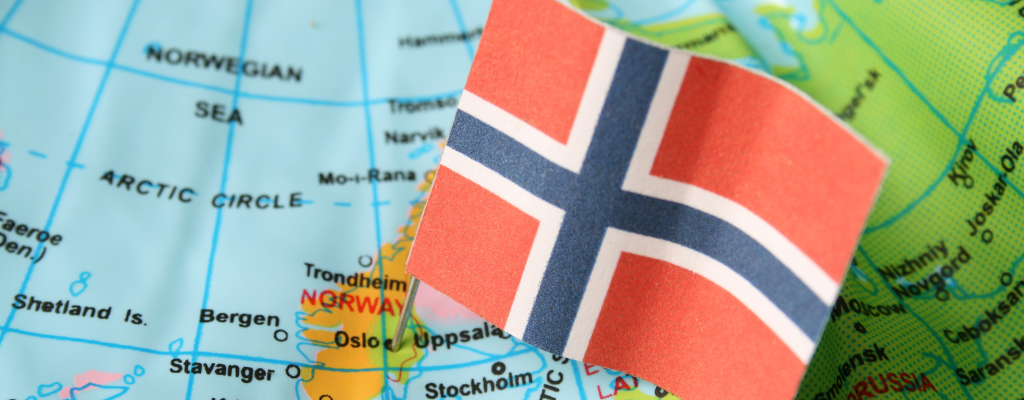In its decision of December, 9.2020 (III R 73/18), the Federal Fiscal Court decided that the entitlement to priority foreign family benefits must be offset against child benefits under German law even if the child benefit claimant working abroad has neither applied for nor received the benefits provided for there.
The following facts of the case formed the basis of the decision:
A father of a family lives with his family in Germany. He received child benefits for his two children under German law. In December 2000, he took up a non-self-employed job in the Netherlands without applying for the family benefits to which he was entitled for his children there. He did not notify the family benefits office, which continued to pay him child benefits without reduction.
In 2016, the Family Fund learned of the father’s employment in the Netherlands. It partially reversed the child benefit assessment retroactively for several years by offsetting the father’s unclaimed entitlement against Dutch family benefits. The father filed a lawsuit against this. The father’s action before the Lower Saxony Tax Court was largely successful. The court ruled that the family benefits office should not have offset the child benefits that were not actually paid in the Netherlands. Differential child benefit could only be taken into account if the child benefit application submitted in the state with lower-ranking jurisdiction (Germany) was forwarded to the state with higher-ranking jurisdiction (EU member state).
In its decision, the Federal Fiscal Court overturned the ruling of the lower court and dismissed the action brought by the father of the family. Because of the father of the family’s entitlement to family benefits under Dutch law, his German child benefit entitlement is limited under EU law to the amount that would result if the entitlement to Dutch family benefits were offset. It follows from them that the Netherlands had primary jurisdiction to grant family benefits because the plaintiff was gainfully employed there and the plaintiff’s wife was not gainfully employed in Germany. Germany therefore only had to pay the difference between the German child benefit and the entitlement to the (lower) Dutch family benefits in accordance with Article 68(1a) and (2) of EU Regulation No. 883/2004.
A claim of the father of the family to Dutch family benefits was therefore not to be denied because he had not filed a corresponding application in the Netherlands. The application for child benefits filed in Germany is to be treated under EU law as if it had been filed with the state with primary jurisdiction.
In practice, it must now be taken into account that the filing of an application in one Member State preserves the corresponding eligibility requirement for the receipt of child benefits in the other Member State.




